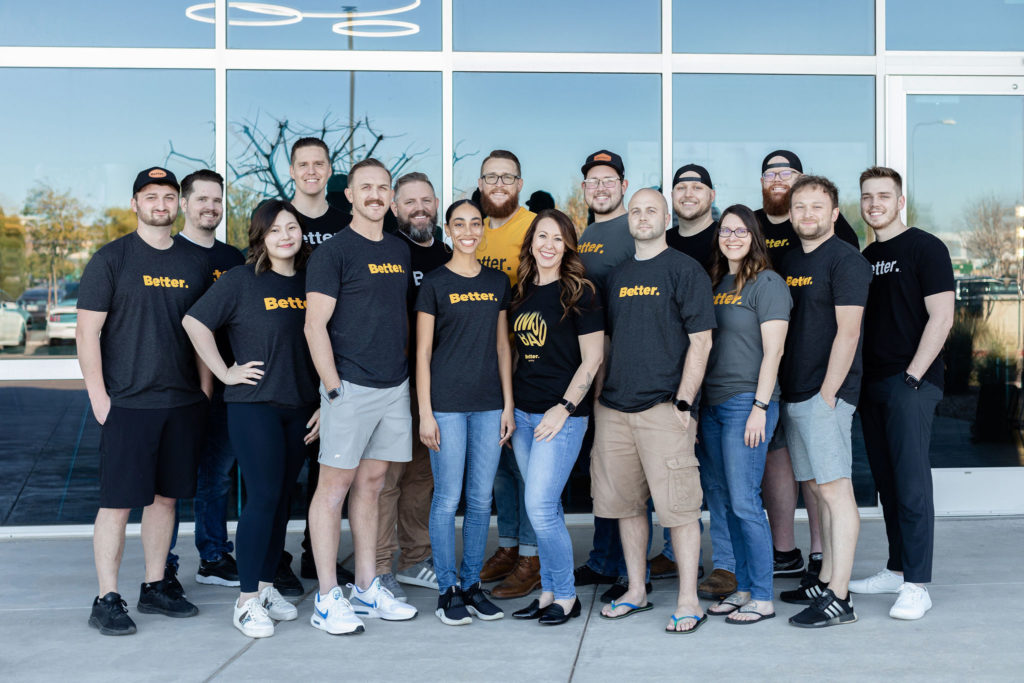As a seasoned insurance agent, you have no doubt noticed how technology and social media have affected the way you do business. Making and maintaining customer relationships and interacting with consumers have completely changed. While marketing used to focus on simple ads and eventual contact, consumers now want to stay on top of trends and have immediate interaction. While traditional CRMs help you manage your customer data, marketing processes, and sales pipelines, that isn’t always enough. A social CRM offers another option. But what is the difference between traditional CRM and social media CRM? A social CRM can help you get in front of new and existing customers, keep up with trends, and engage in real-time with consumers.
Traditional CRM
A traditional CRM focuses on the traditional methods of business, such as customer data management, interaction through phone calls and emails, tracking the marketing and sales processes, and data analytics. While a traditional CRM offers businesses many necessary tools, as a standalone, it is not able to keep up with the on-demand world that social media has created. For example, years ago when a consumer had a problem, they would call or write a letter in hopes of an eventual resolution. Now they simply take to social media and expect an immediate solution to their concerns. This is where social CRM becomes necessary for success.
Social CRM
A social CRM is an extension of a traditional CRM that allows a business to shift its marketing strategy away from traditional methods and into the realm of social media. While a social CRM can be standalone, its tools are often integrated within a traditional CRM, giving you the power of both tools. A social CRM gives you the ability to track interactions on various social media platforms, such as Facebook, Twitter, LinkedIn, and YouTube, as well as online forums and review platforms, such as Yelp. This enables you to keep your finger on every potential interaction or mention of your company and respond and engage with consumers in real-time.
Difference between traditional and social CRM
To gain a better understanding of the differences between a traditional CRM and a social CRM, it is best to understand how each system works when it comes to operation and customer interaction in various areas of your business.
Sales
With a traditional CRM, sales are driven by collecting and analyzing customer data to create specific sales strategies that focus on a target audience. A social CRM is more about direct interaction with potential customers and engagement.
Marketing
With a traditional CRM, marketing focuses on traditional methods, such as direct advertising to generate new sales. This communication is led by the business. With a social CRM, the consumers are in control, often engaging with each other regarding your business. Here you can engage in conversation and attract new potential customers through your interactions.
Service
With a traditional CRM, customer service often follows your business hours. A customer is only able to engage with a customer service representative when they are available. Unfortunately, today’s consumer wants their concerns addressed immediately. The customer is in control and can initiate communication whenever they want through social media platforms. The social CRM allows you to immediately respond to these concerns and provide the immediate interaction consumers are looking for.
Customer satisfaction and reviews
With a traditional CRM, customer feedback and reviews are most likely something you directly ask your clients for, hoping they may share their experience with others. However, in today’s world, consumers are more likely to share their experiences on social media platforms, such as Facebook and Twitter. With a social CRM, you can track these posts and feedback and respond immediately to any concerns a consumer is facing.
Other differences between traditional and social CRMs
In addition to what we mentioned above, social CRMs differ in other ways as well.
Staff roles
A traditional CRM focuses on data and tracking customer interactions and sales history. For your staff, this creates a very data-driven business model. With a social CRM, the focus turns to content. Here you are looking to engage and attract the attention of current and future clients, so the focus needs to be on creating content that engages and captures a viewer’s attention. In this case, instead of focusing on data, your focus will be on developing blog posts, new YouTube videos, or creating interactive webinars that provide relevant and compelling content.
Priorities and functionality
Your current traditional CRM focuses on implementing and automating various processes in your sales model. Customer interactions are tracked, tasks are assigned to team members, and clients are handled in a timely fashion according to the sequence created in the CRM. However, while this process-centric model works with a traditional CRM, a social CRM is conversation-centric, meaning that your success with current and potential clients requires meaningful and timely engagement.
Communication
Communication is another area that is very different between the two CRM categories. With a traditional CRM, client interaction is dictated by when marketing campaigns are scheduled and when new content is ready to be shared by the team. With a social CRM, communication is controlled by the clients and leads. Instead of waiting to create a marketing campaign, the marketing team listens to what the consumers are saying on social media platforms and responds as needed.
Information channel
With a traditional CRM, your standard information channels, such as emails, notifications, and newsletters, are scheduled and sent during routine business hours. However, with a social CRM, information is always evolving and depends on what interactions you are currently having with clients and leads. While you may be presenting the same information as you would through emails or newsletters, how and where you share this information, such as blog posts or webinars, may be different.
Processes
Businesses have turned to traditional CRMs for decades to help improve communication between team members within an agency, as well as to help better improve data management and accessibility between all team members. While this operationally focused method offers many necessary tools, a social CRM moves the focus to the people and the community your business serves. It is more about how your business interacts with current industry-specific conversations and consumer concerns. It offers your business a way to boost its brand and reputation within your community.
Traditional and social CRMs offer multiple benefits
Both traditional and social CRMs provide valuable tools for your business. While they can both be standalone platforms, you can take advantage of a traditional CRM that is integrated with a social CRM and get the benefits of both for your business. In today’s world, it is essential to take advantage of social media conversations to not only expand your potential reach but to also better engage and get a better understanding of your clients’ needs.
Let Better Agency’s CRM help your business grow
At Better Agency, we understand the unique needs that insurance agents face when it comes to choosing the right CRM for their business. As former insurance agents, we created our CRM to meet those specific needs and help you boost your customer relationships and bottom line. To learn more about how our CRM can help, schedule a Discovery Call.


